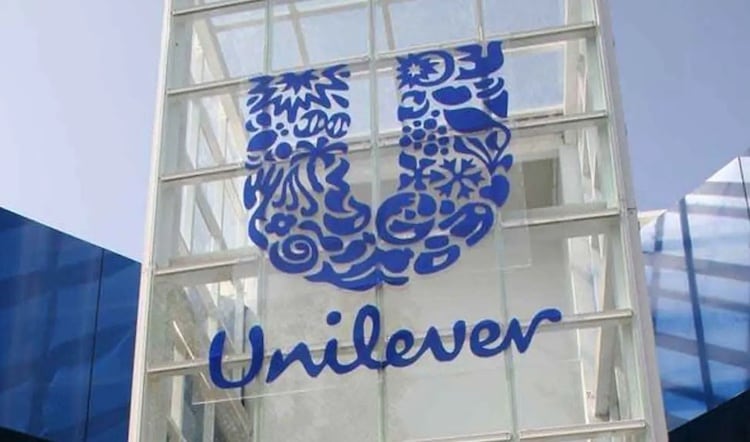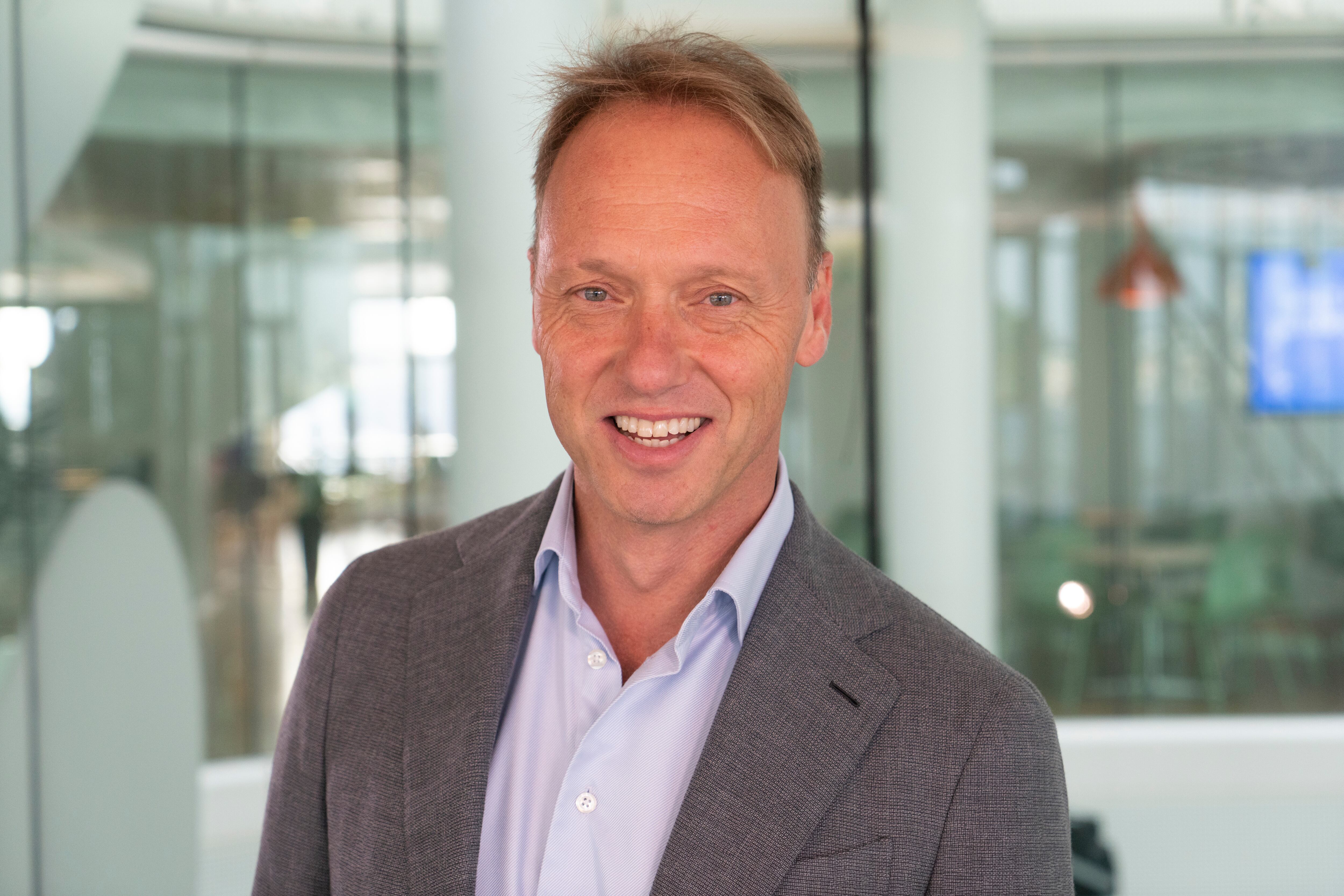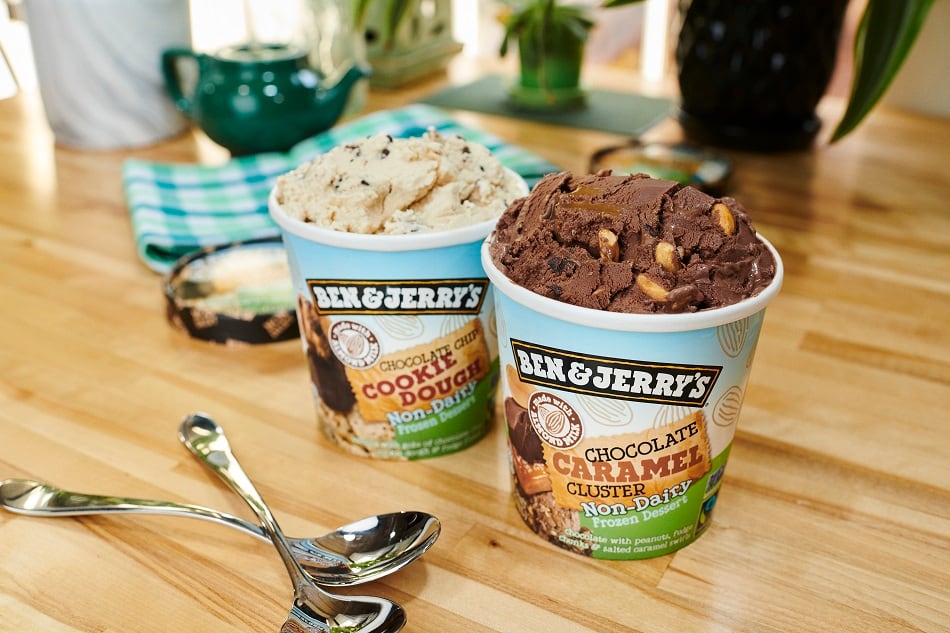In an interview with Barclays’ Warren Ackerman, Unilever’s new CEO said he was keen to complete the company’s productivity program and finalize the demerger of the ice cream division in order to unlock value and boost company culture.
This form part of Fernando Fernandez’ near-term plans, who in the long run wants to make the US and India ‘key anchors’ of Unilever’s portfolio and improve the global presence of the firm’s best performing brands.
“We need to complete the separation of Ice Cream...by the end of the year, that’s a commitment we have made, and we need to ensure also the productivity plan is completed. My intention is to complete that by June this year,” the CEO said.
“We need to leave that behind and give our people a clear reason to believe in the future growth of the company.”
Fernandez added that in the long run, he would also focus on ‘creating a machine of demand creation’ and build up the company’s sales and marketing in order to bring about ‘a big, serious revolution in our…brands’.
Fernandez on the US market
“The US is a very important market because it’s probably the only market that gives you two things. It gives you enough local critical mass, and it gives you a platform for global brands because American brands tend to travel. We are very happy with the progress we have done in our portfolio in the US.
“[A]fter the separation of Ice Cream, we would have a business there of around €11 billion, close to €3.5 billion in prestige beauty and health and wellbeing, with 15 consecutive quarters of double-digit growth.”
Going back to the ice cream division, Fernandez highlighted that the was ‘absolutely convinced’ that the business’ new structure would set it up for success.
“We separated Ice Cream because we always saw it as a clear outlier in our portfolio. Completely different capital intensity, seasonal business, our infrastructure in rural areas doesn’t help a lot with the Ice Cream business.
“So, I’m absolutely convinced that this separated and independent ice cream company, with a different ownership structure, will make that business thrive.”
On the mode of separation – a demerger and the listing in Amsterdam, London and New York – he said he was ‘absolutely 100% behind that decision’.
“In terms of the mode of separation, we analysed a few factors,” he told Ackerman.
“First one, maximizing value for the shareholders. Disposal and a demerger don’t have the same tax impact.
“Second, minimize the technical flow-back or the forced selling is an important factor. Very importantly, ensure no operational disruption, neither in the ice cream business nor in the remaining Unilever.
“The fourth point, important also, define that in a time frame that we believe would be one that will be manageable and that wouldn’t imply distraction for the management, and we want to do this by the end of the year.
“So, we continue thinking that the demerger and listing is the most logical outcome of this.”
“We are running ahead with the demerger and the listing. We have 11 workstreams, absolutely on track. I reviewed that last week. The progress is very significant.”
Fernando Fernandez, Unilever
“We are setting up a stand-alone operation in ice cream that by July should be operating in that way.”
Fernandez added that when the separations is complete, shareholders will receive shares of the ice cream company and the Unilever company.
Unlocking growth in ice cream
The Unilever CEO revealed he was ‘critical of how we have managed the ice cream business in the past’, adding that competitors had a much better margin structure.
“I believe the possibility of unlocking significant profit growth in hard currency in the ice cream business is incredible.
“We have three out of the four major global brands. We have a significant global presence in the business. I believe there is a lot of scope in improving our supply chain. [T]here are profit expansion opportunities just through better managing what is a complicated business.”
“I always say that ice cream requires the marketing of Beauty and the operational grip of beer or soft drinks. I believe that our marketing has been good. Our operational management has been very far from a beer company or a soft drink company.”
Fernando Fernandez, Unilever
Move to premiumization
Fernandez also hinted that he would shift half of Unilever’s business into the premium segment.
“[W]e have around 20% of our business in value, the other 45% in mainstream. I would like to have around 50% in premium, that would be our ideal position,” the chief executive said.
But getting a portfolio that is more premium requires ‘injecting desirability at scale’, he added, highlighting the company’s forthcoming marketing push in that direction.
The new CEO also said the firm does not plan significant acquisitions in the near term, the focus set to be on disposals instead.
“[N]o transformational acquisitions on the table,” Fernandez confirmed. “We are happy with the kind of approach, probably some faster acceleration in the process of disposals.
“We always talked of pruning the portfolio. I’m in the camp that when you have taken a strategic decision, it’s better to act fast. So probably, you will see a bit more pace.”



